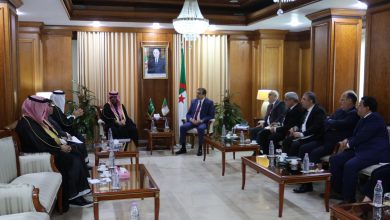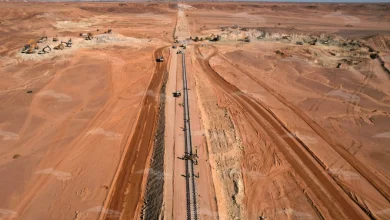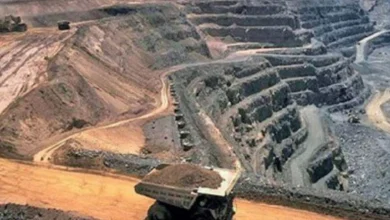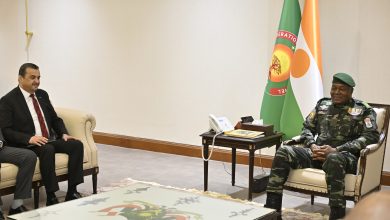Date Published: Monday, December 23, 2024
Category: Economy
Algiers – President Abdelmadjid Tebboune emphasized Algeria’s commitment to clean energy investments during a Council of Ministers meeting on Sunday. The focus on renewable energy and the strategic allocation of its revenues for national development underscores Algeria’s pivotal role in the global energy transition while maintaining its status as a secure and reliable energy supplier.
Algeria’s Clean Energy Vision
Aligned with its energy transition plan, Algeria seeks to meet increasing energy demands sustainably, economically, and securely. The nation has set an ambitious goal of achieving 30% renewable energy in its energy mix by 2035.
In addition to boosting natural gas production and exports—given its low carbon footprint—Algeria is prioritizing green hydrogen development through pilot projects. These initiatives aim to establish Algeria as a major supplier of this clean energy source, with plans to export green hydrogen to Europe in the future.
Major Renewable Energy Projects Underway
As part of its National Renewable Energy Program, Algeria targets a production capacity of 15,000 megawatts, with 3,000 megawatts already under development.
In March, Sonelgaz signed contracts with national and international firms to build these capacities. The projects are divided into two main components:
- 2,000 MW Solar Projects: Distributed across 15 photovoltaic plants in 12 provinces, with capacities ranging between 80 and 220 MW per plant.
- 1,000 MW Solar “Solar 1000”: Comprising five solar plants in five provinces, each with capacities between 50 and 300 MW.
The Green Hydrogen Strategy
Algeria’s green hydrogen projects, including initiatives in Arzew and Hassi Messaoud, aim to achieve annual exports of 40 terawatt-hours (2 million tons) of hydrogen and derivatives.
Plans are also in place for Algeria to penetrate international hydrogen markets via the “South2 Corridor” project, enabling exports to Germany through Tunisia, Italy, and Austria. This partnership, involving Sonatrach and European companies, envisions the transportation of 4 million tons of green hydrogen annually using both repurposed and new infrastructure.
Gas as a Transition Fuel
Natural gas remains a cornerstone of Algeria’s energy strategy, solidifying its reputation as a reliable global energy supplier. Major investments in exploration, production, and infrastructure aim to enhance output and address global energy demands sustainably.
Projects like the Trans-Saharan Gas Pipeline (TSGP), connecting Nigeria to Europe via Algeria and Niger, are crucial. This strategic initiative will not only boost local development in transit countries but also strengthen energy security between North and South.
Environmental Commitments
Environmental sustainability is central to Algeria’s energy transition strategy. Efforts are underway to combat climate change by reducing the carbon footprint of the energy sector. Key initiatives include:
- A comprehensive emissions database for oil and gas facilities.
- Sonatrach’s pledge to reduce greenhouse gas emissions, aiming to lower gas flaring to less than 1% by 2030 and join global efforts like the “Zero Routine Flaring by 2030” and the “Zero Methane” initiatives.
A Vision for Regional Leadership
With its vast resources and strategic projects, Algeria is poised to become a significant regional player in renewable energy and green hydrogen. Its efforts align with the rising global and European demand for sustainable energy solutions.
For more insights, visit DZWATCH.
Author: Nor-Eleslam




